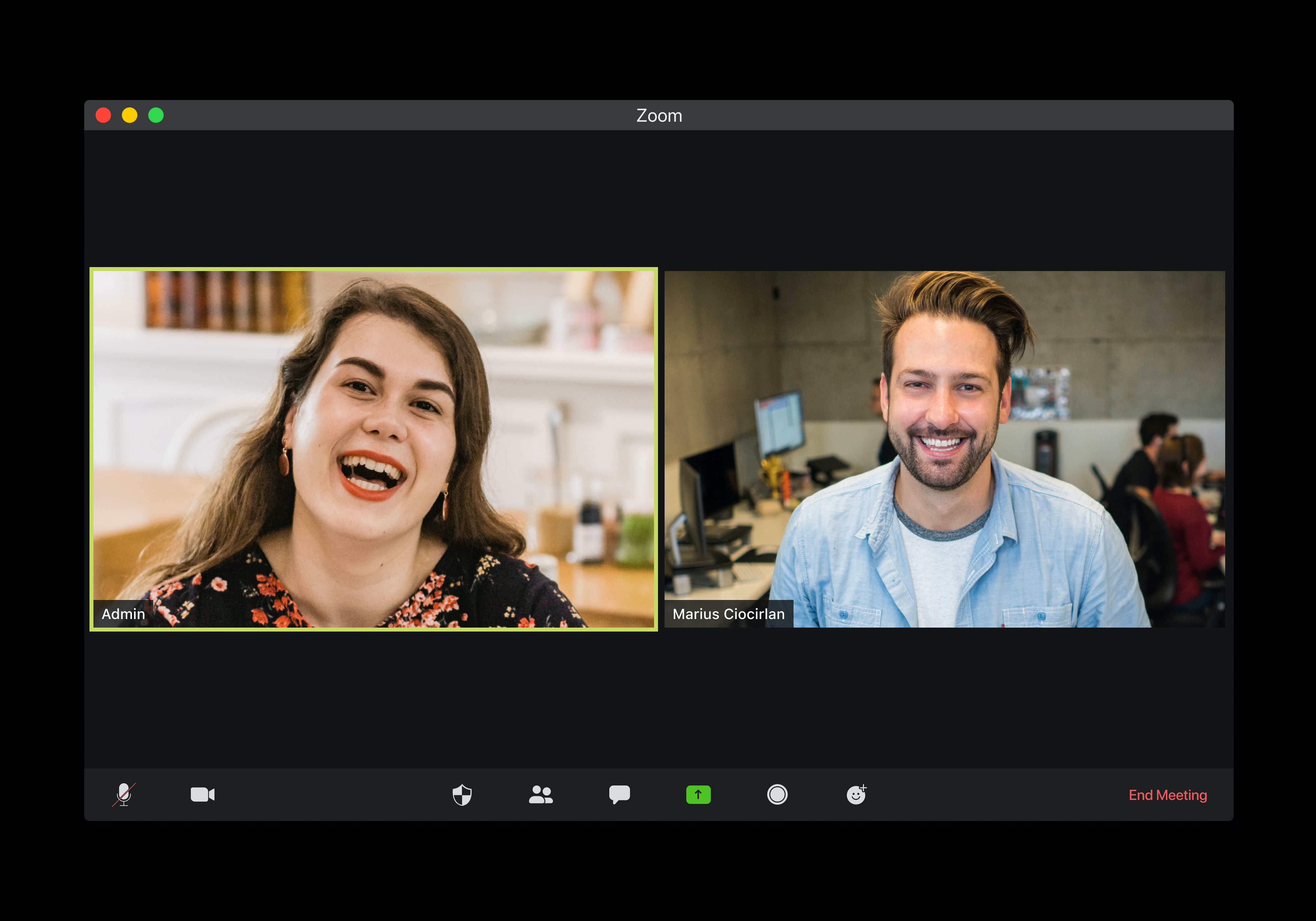MSc Human Resource Management (CIPD) student, Shruti Ganguly, shares her top tips for networking at LSE and beyond – both online and in person.
Dictionary definition:
networking (/ˈnɛtwəːkɪŋ/)
noun
the action or process of interacting with others to exchange information and develop professional or social contacts
“the skills of networking, bargaining, and negotiation”
Most of us know what it means, some of us have mastered the art and some of us are stuck in the middle, trying to navigate ourselves through events to hop on the bandwagon. Here, I share why it is important for individuals to network as well as tips that have worked for me in the past.
While I was not new to the idea of ‘networking’, my networking experience had been limited to formal and professional surroundings with colleagues in an organisation. I realised and learned the true essence of networking when I came to LSE and started attending various networking events hosted by the university (one word – overwhelming!).
So, for people who are new to the world of networking, let me quickly dive into the three most important aspects of this skill:
1. An extra pair of eyes and ears
Whether you’re a professional or a student, we’re often sucked into our bubble that can be self-reinforcing. Networking with people within your industry can help in adding an extra pair of eyes and ears on your work by helping in bringing an external perspective to your work and projects. Success in your given field is often attributed to the amount of knowledge that one can amass. However, it is not humanely possible to read everything.
Networking is an efficient way of seeking information from practitioners, exchanging ideas and building your reputation as a thinker.
2. Boosting self-confidence
With the changing professional landscape and large number of people falling prey to the imposter syndrome, networking is a great way to boost one’s self-confidence. In a world of second guessing our knowledge, talking to people who belong to the same industry helps in validating your ideas and puts you in a positive spot for future conversations.
This confidence also goes a long way while interviewing for jobs.
3. Building a social presence
LinkedIn is to recruiters what Facebook or Instagram is while building personal connections. The lack of a social presence can be detrimental if a recruiter wants to learn more about your professional ideologies without talking to you.
LinkedIn’s research found that more than 35% of casual conversations on LinkedIn Messaging has led to a new opportunity. Networking helps you become noticeable that further leads to professional collaborations converting into job opportunities.
The lack of a social presence can be detrimental if a recruiter wants to learn more about your professional ideologies without talking to you.
How do you network effectively?
The big question remains, “how do you network effectively?”. While my suggestions aren’t an exhaustive list, below are some ideas on how I personally go about it:
Research the event invitees
I have found it helpful to learn about the background of the speakers/panelist from the networking events prior to attending them. Since most events are for a limited time, the research will help you narrow down the people who most align with your career trajectory. Once that is done, you can learn more about their line of work and recent engagements. This would help in providing you with topics to strike up a conversation when you meet them and make most of the limited time.
Sample conversation starter:
“Hey! I recently read an article you posted about ‘x’ and I really enjoyed it. These are my thoughts on it, and this is something I want to explore professionally. Could you give me some advice on how I should go about it?”
LinkedIn Messaging tool
Find people on LinkedIn who are working in the field that you are interested in and don’t be afraid of dropping them a message. This will put you on the professional map and help you gain practical insights. People are often open to sharing their experiences and helping you in your professional journey.
Additionally, connecting with LSE alums who are working in the organisation of your choice is a great gateway into expanding professional connections.
Sample LinkedIn message:
“Hey! I am currently pursuing __ course from LSE and I am really interested in building a career in your field. I was really impressed by your job profile and I would love to gain some tips on how to navigate my way through it”
Write, comment, post and share
Don’t be afraid to share your ideas and become a part of the professional conversations around you. Personally, while I have always enjoyed writing, my time at LSE helped me polish those skills. Rather than second guessing yourself, make your voice heard and you will be surprised at how many people are ready to listen to you. Additionally, you can follow the people you admire to learn what the greatest minds of your industry are currently thinking and then engage in their conversation.
Don’t be afraid to share your ideas and become a part of the professional conversations around you.
Learn more about our MSc Human Resources and Organisations programme









